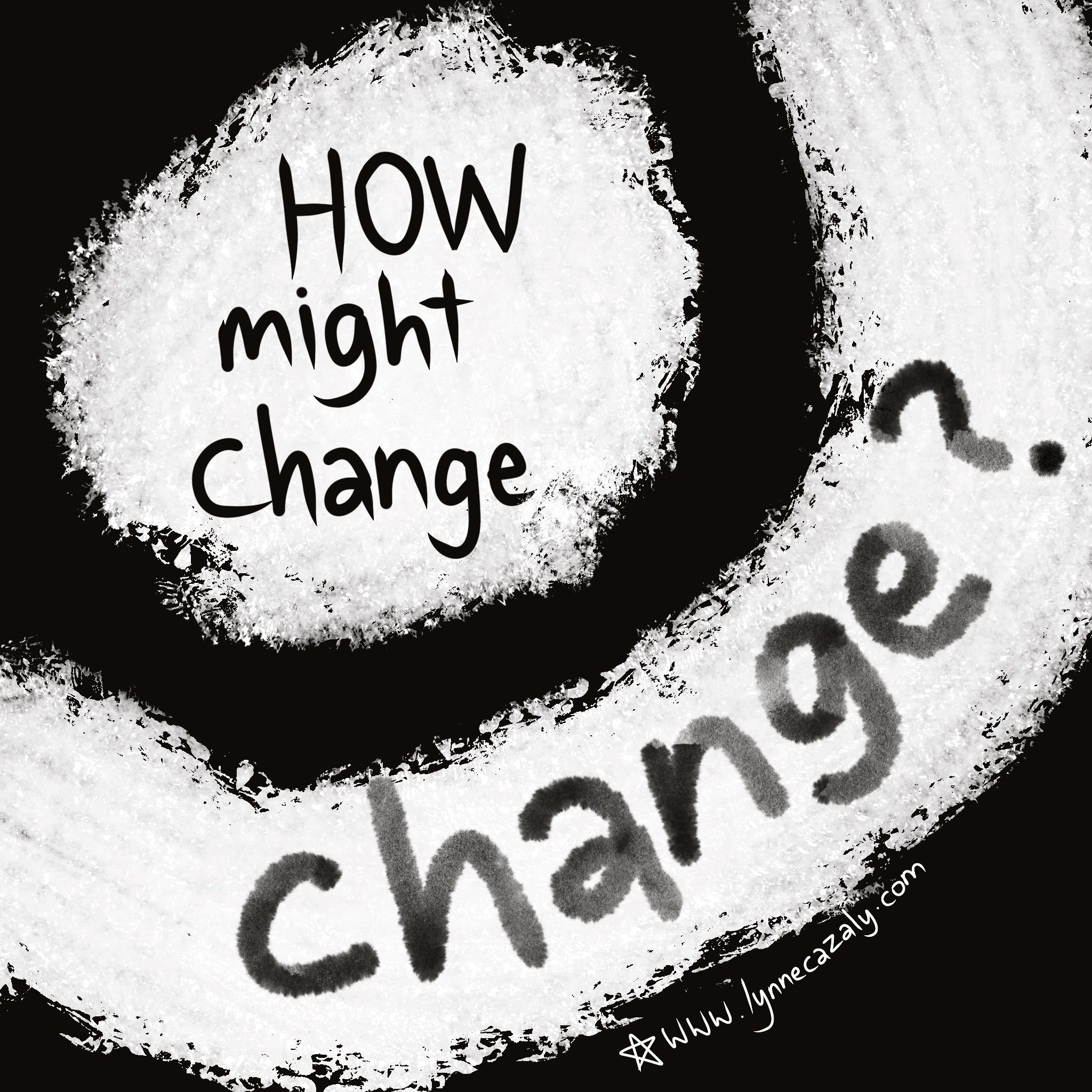Accidentally excluded
 Monday, May 4, 2020 at 10:48AM
Monday, May 4, 2020 at 10:48AM  It sucks to be forgotten, to be left off the list, overlooked and be invisible. It can happen by accident when we overlook or forget someone.
It sucks to be forgotten, to be left off the list, overlooked and be invisible. It can happen by accident when we overlook or forget someone.
Yet this exclusion - when accidental - is not necessary, again. One ‘accident’ of leaving someone off a list somewhere should alert you that you need to be hyper-aware of inclusion. Every single time you’re trying to include people... check your list.
The standard questions of ‘who do we need to invite?’ or ‘who comes to this meeting?’ can’t be trusted to our overloaded attention and memory.
Set up a system. And have others check it too. Heck, even Santa makes a list ... and checks it twice.
Ask not ‘Have we missed anyone?’ - it’s a closed question that is easy to answer with ‘No ... I don’t think so.’
Rather ask, ‘Who have we missed?’ Our eyes, ears and brains then go searching for the missing pieces and names of actual people who should be there.
It’s not an ‘invite everyone’ solution either, as we drown under the weight of too many people at too many poorly led meetings. Who has been accidentally excluded ... and therefore needs to be deliberately included?






















